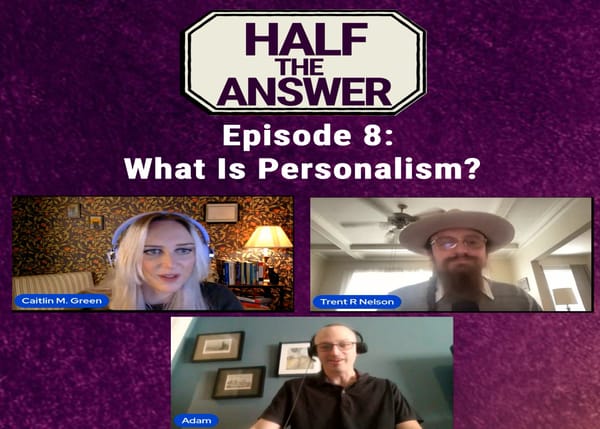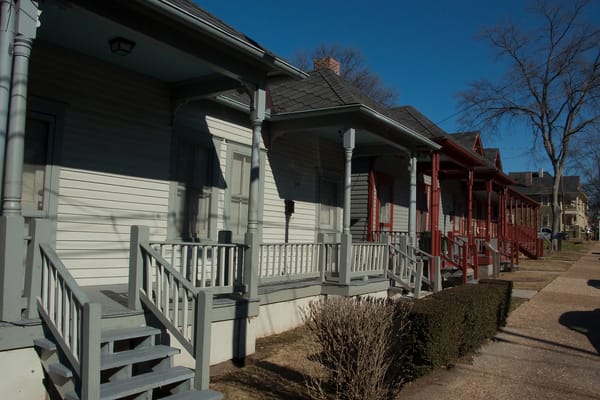How Money Bail Perpetuates Inequality in the Criminal Justice System

Money bail is the payment a person arrested and charged with a crime is required to pay in order to be released from jail while awaiting trial. Determined by the judge at a pre-trial hearing, the amount varies depending on the alleged crime, the defendant’s flight risk, and their perceived “dangerousness” to the community in which they reside. For those who can afford it, bail will be paid by way of cash or bond, and they will be free to return home until their scheduled court date.
For many, however, that is not the case.
People who are unable to post bail will remain in jail until their trial date, leaving them in prison while legally innocent for months or even years. Kalief Browder was just 16 years old when he was falsely accused of stealing a backpack in 2010. His initial bail was set at $3,000. Unable to pay this amount, Browder was sent to Rikers Island, where he spent the next three years in prison for a crime he not only did not commit, but was never convicted of. Prosecutors pressured him to take a plea deal with the promise of either releasing him early or reducing his sentence, but Browder maintained his innocence. After spending 74 days in prison, he finally appeared before a judge and pleaded not guilty. Because this was not his first arrest, however, the judge remanded him without bail, sending him back to prison.
During his time at Rikers, Browder endured beatings from both guards and inmates alike and spent long stints in solitary confinement, during which he attempted suicide by fastening his bedsheets into a noose. While his case was eventually dismissed in May 2013, the damage had already been done. Due to the mistreatment he endured and his time in solitary, he had suffered significant mental, physical, and emotional trauma—all for nothing. Six months after his release, Browder attempted suicide again and was rushed to the psychiatric ward at St. Barnabas Hospital, where he was treated for depression. After spending the next two years in and out of hospitals, Browder killed himself in his home in the Bronx on June 6, 2015.
What happened to Browder could have easily been prevented if his freedom had not been entirely contingent on his ability to pay bail. The money bail industry keeps nearly 700,000 unconvicted people in jail by placing a hefty price on their freedom while they await trial. In fact, five out of six people are currently in pretrial detention simply because they cannot afford to pay bail.
This not only disproportionately harms low-income people and people of color by keeping them in prison, but it also creates two separate systems of justice, one for the rich and one for the poor. Black people are two times as likely to be jailed pre-trial than their white counterparts, and the average bail amount is almost as much as the average income of those incarcerated. In 2015, the median bail in the US was $10,000, while the average income among those in jail was $15,000.
The money bail system completely negates the concept of “innocent until proven guilty” by keeping people in prison before an innocent or guilty verdict can even be determined. By placing a price on freedom, we have effectively created a criminal justice system that treats only those of a certain wealth or race as deserving their freedom until they have been convicted by a jury of their peers.
It is precisely the poorest who can afford to be out of work the least, whereas a wealthy person would have a higher chance of bouncing back financially after being held pretrial and would be more likely to afford or have access to health care when they’re finally released.
Remaining in jail for months or years at a time while awaiting trial can cause significant harm to a person’s health and well-being and can often cause them to lose their job, their home, and even their children, regardless of whether or not a crime has actually been committed. It can also cause people to suffer unnecessary physical and emotional trauma.
As a result, people who are jailed pre-trial often choose to plead guilty in order to put an end to their case and hopefully return home. This means that people who are detained while awaiting trial are not only more likely to be convicted, but the charges and punishment will be even more severe if they are ever arrested again. If they plead guilty to a felony, they will no longer be able to vote and their job and housing prospects will be extremely limited.
The money bail system places wealth above fairness and justice and allows legally innocent people to be treated like criminals.
Around 68% of people who are jailed pre-trial are charged with nonviolent offenses. Despite this fact, supporters of pre-trial detention argue that bail is essential to protecting both civilians and the police from further harm.
After a series of bail reforms were passed in New York last spring, media outlets and police departments across the state launched a campaign of fear-mongering, calling for the reforms to be repealed. While the reforms only eliminated money bail for those charged with minor offenses, the New York Post and Daily News published a host of stories claiming the new laws were allowing violent and dangerous criminals to be unleashed back onto the streets, citing court cases that the reforms did not even affect. In January, New York City Police Commissioner Dermot Shea wrote an op-ed in the New York Times claiming that that there had been an increase in certain crimes solely because of the reforms even though they had only been in effect for a few weeks at the time, running well ahead of available evidence. Shea went on to urge the public to contact their local lawmakers and request the reforms be repealed. Shea and others like him are not only participants in the injustice of excessive pretrial detention; as this incident demonstrates, they actively seek its perpetuation.
Eliminating the money bail system allows people who have been arrested and charged with a crime from being jailed while legally innocent, all while allowing them to keep their jobs, children, and housing while they lawfully await trial. Bail reform not only ensures that freedom is not solely contingent on wealth, it also ensures that due process is rightfully upheld.
While there are a whole onslaught of other problems with the prison industrial complex and how prisoners are treated in the US, money bail only further perpetuates the wealth and racial disparities within the criminal justice system by pre-determining what types of people “deserve” to be treated with dignity and fairness by placing a price tag on freedom.
Pushback on any and all future bail reform bills will be inevitable, but working towards establishing an equal system of justice is a battle all liberals should be willing to fight for.
Featured Image is Pictures of S&H Bail Bonds store front and sign of bail bonds company, by Darylosswald




